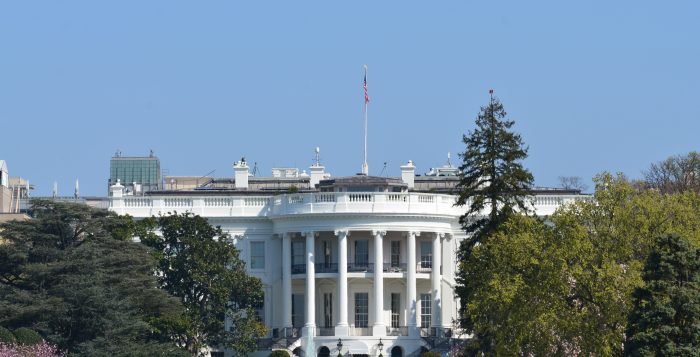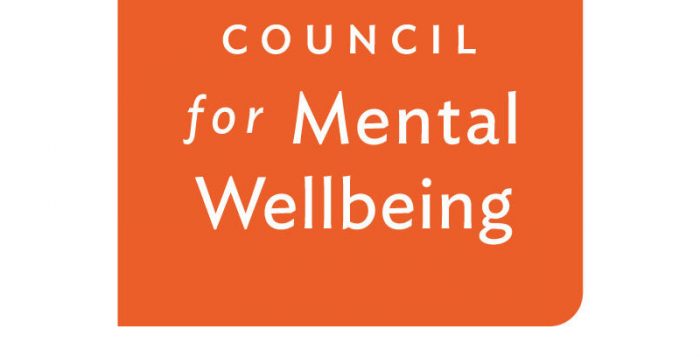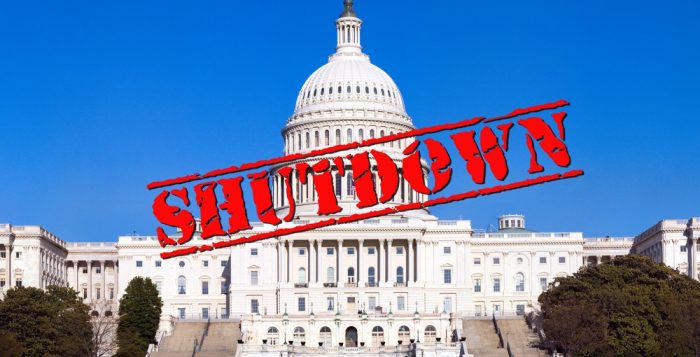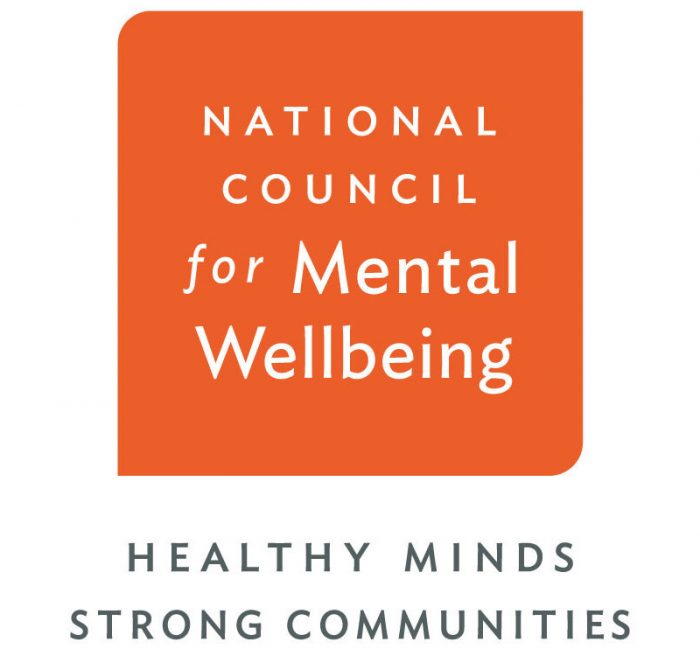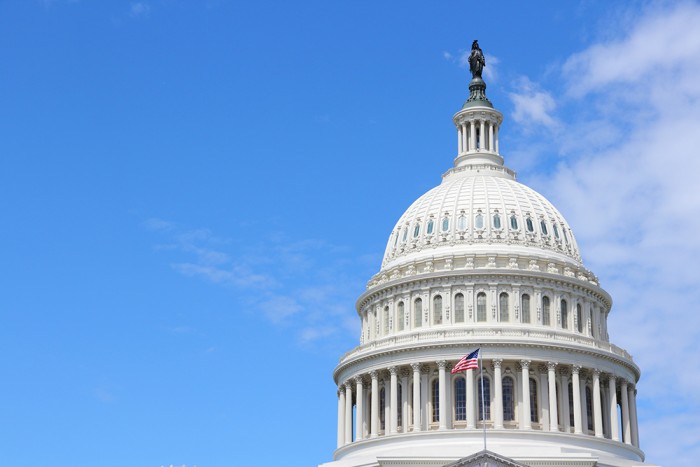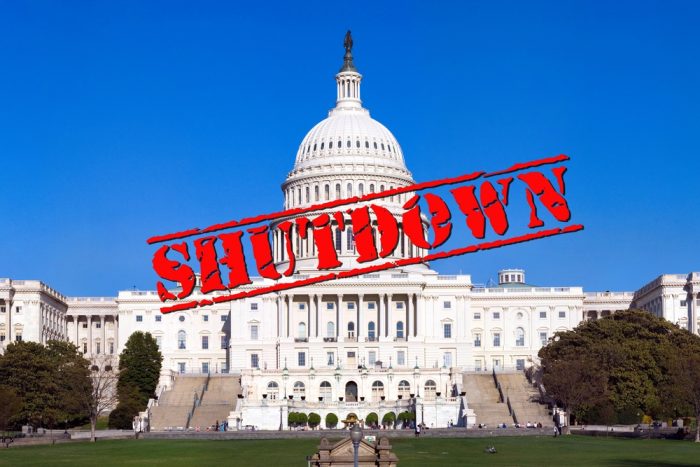Justice in Aging Shares Fact Sheet on Impact of HR1 on Older Immigrants’ Access to Health Care
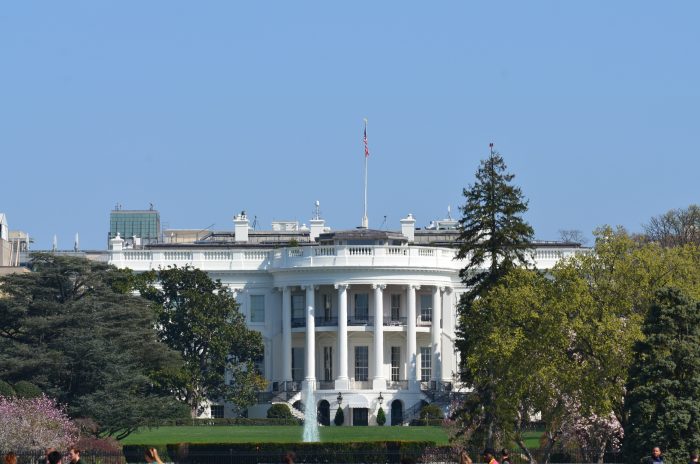
Disability Rights Groups Warn Congress: SAVE Act Bills Would Block Millions From Voting

From the National Council: Second Reconciliation Bill Unlikely
White House Reverses $2B in SAMHSA BH Grant Cuts
SAMHSA Terminates $2 Billion in MH, SUD Grants; National Council Seeking Information From Those Affected
Trump Administration Issues Policy Changes on Provision of Gender-Affirming Care
On January 28, 2025, President Trump issued Executive Order 14187 (Protecting Children from Chemical and Surgical Mutilation), directing federal agencies to cut off federal funding and support for gender-affirming care for people under age 19, including puberty blockers, hormone therapy, and gender-affirming surgery.
On December 18, 2025, health officials from the Trump administration announced several additional policy changes that, if finalized, will have the effect of essentially banning gender-affirming care for transgender young people, even in states where it remains legal.
One rule would prohibit Medicaid from covering any medical care provided to transgender patients younger than age 18 and prohibit reimbursement though CHIP (Children’s Health Insurance Program) for gender-affirming care for patients under 19.
Additionally, all Medicare and Medicaid funding would be blocked for any services at hospitals that provide pediatric gender-affirming care. This means that hospitals and doctors that perform gender-affirming care on minors will have to forgo federal Medicare and Medicaid funding under the new proposed rules. Virtually every hospital in the country relies on this funding, so the rule would have a wide-ranging impact and could likely make gender-affirming care inaccessible nationwide.
The proposed rules would exclude gender dysphoria not caused by physical impairment from civil-rights health care protections, reducing legal safeguards against discrimination in medical care.
This multi-pronged plan from DHS is part of the Trump Administration’s efforts to limit gender-affirming care, and if finalized, could have a profound impact on care delivery for transgender and gender non-conforming individuals.
Representative Fitzpatrick Files Discharge Petition to Force Vote on Bipartisan Bill Preventing ACA Premium Spikes
For Immediate Release
December 10, 2025
Media Contact: Casey-Lee Waldron
WASHINGTON, D.C. — Today, Congressman Brian Fitzpatrick (PA-1) released the following statement after filing a discharge petition to bring his Bipartisan Health Insurance Affordability Act directly to the House floor for a vote, ensuring Congress takes action to prevent devastating health insurance premium increases when current protections expire at the end of the year:
“Congress cannot sit idle while American families face a preventable crisis. Our job is to protect the people we serve, and that responsibility demands immediate action.
If these protections expire, millions of Americans will be hit with premium increases they simply cannot afford, forcing impossible choices about their health, their finances, and their futures. They deserve a concrete solution now—not promises of one later.
For months, I have worked with Republicans and Democrats in both chambers, along with input from the Administration, to build a bipartisan solution that can actually pass—not a political messaging exercise. This bill delivers the urgent help families need now, while giving Congress the runway to keep improving our healthcare system for the long term. Responsible governance means securing 80 percent of what families need today, rather than risking 100 percent of nothing tomorrow.
Filing this discharge petition ensures the House will have the opportunity—and obligation—to vote. Every member must decide whom they serve: the people, or the politics. We can prevent this—and we must. If 217 of my colleagues are willing to join me in putting constituents first, we can protect working- and middle-class families from a catastrophic crisis.
Our neighbors are counting on us. I’m calling on my colleagues to sign this petition, bring this two-party solution to the floor, and deliver the security and certainty American families deserve.”
About the Bipartisan Health Insurance Affordability Act:
Fitzpatrick (PA-01) was joined by Representatives Jared Golden (ME-02), Tom Suozzi (NY-02), Don Bacon (NE-02), Rob Bresnahan (PA-08), Marie Gluesenkamp Perez (WA-03), Donald G. Davis (NC-01), and Nicole Malliotakis (NY-11) to introduce the Bipartisan Health Insurance Affordability Act, a two-party, targeted solution to prevent a sharp jump in healthcare costs as current protections expire and ensure millions of Americans can maintain affordable coverage.
Without immediate congressional action, the scheduled expiration of the Affordable Care Act’s enhanced premium tax credits would result in steep, sudden cost increases and widespread loss of coverage—destabilizing the healthcare markets working families rely upon.
Key Provisions of the Bipartisan Health Insurance Affordability Act
The legislation advances five reforms designed to protect affordability, strengthen accountability, and ensure taxpayer value:
- Prevents Premium Spikes: Extends enhanced premium tax credits through 2027, to protect families from abrupt monthly cost increases.
- Restores Consumer Control: Stops unauthorized plan and subsidy changes by requiring consent and prompt notification before any modifications take effect.
- Shines Light on Middlemen: Ends hidden spread pricing, severs PBM profits from drug prices, and requires full rebate pass-through to ensure savings reach patients.
- Gives Families New Tools to Manage Costs: Expands access to Health Savings Accounts and simplifies premium payments to reduce disruptions in coverage.
- Smart Stewardship of Taxpayer Dollars: Modernizes eligibility and introduces a reasonable minimum contribution to protect long-term affordability and responsible stewardship of federal dollars.
####










